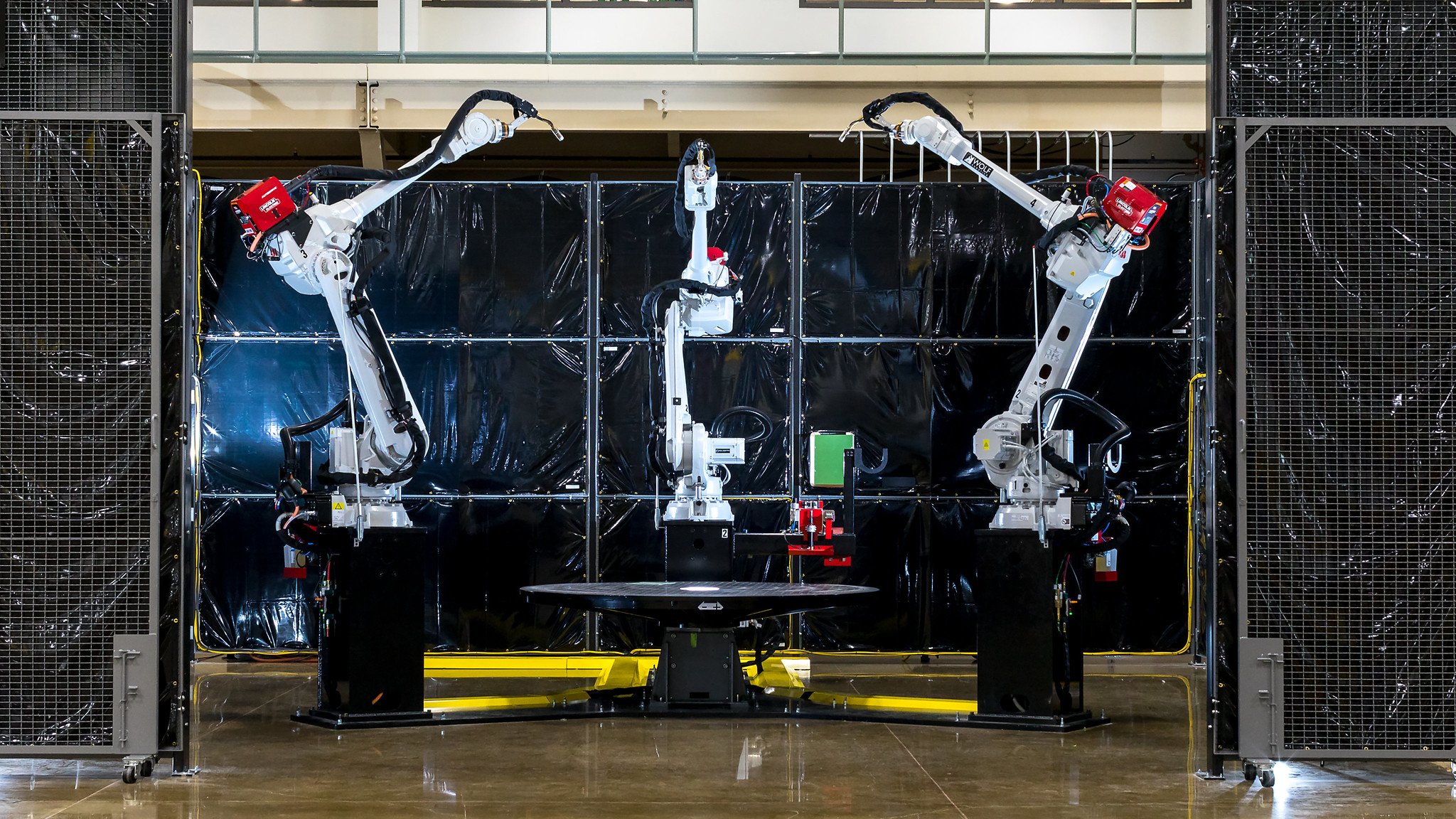
Creating a National DeepTech Capital Fund
Summary
The Biden-Harris Administration should establish a National DeepTech Capital Fund (NDTC Fund) to bridge capital gaps and enable more DeepTech entrepreneurs to bring promising and beneficial technologies to market.
Greater investment in DeepTech is critical in order to return the United States to the forefront of advanced science and technology research and development (R&D). “DeepTech” refers to companies and innovators building science-based, or R&D-based, products and services including hardware and advanced materials, robotics, manufacturing, and biotech. U.S. government investment in technology has declined by two-thirds in the past decades. Private capital typically eschews investment in advanced technologies, due to a combination of the additional expertise needed for and risks inherent to advanced-technology investment. Silicon Valley’s early days were cushioned by government risk capital at a time when the private sector could not see the value of investing in R&D. But relying entirely on Silicon Valley to drive investment in innovation has led the U.S. to a point where it risks being replaced by other innovation centers such as China. A National DeepTech Capital Fund would encourage and enable investment in companies building solutions to society’s greatest challenges, while ensuring that the United States remains at the center of global innovation.
In the absence of guardrails and guidance, AI can increase inequities, introduce bias, spread misinformation, and risk data security for schools and students alike.
At a time when universities are already facing intense pressure to re-envision their role in the S&T ecosystem, we encourage NSF to ensure that the ambitious research acceleration remains compatible with their expertise.
FAS CEO Daniel Correa recently spoke with Adam Marblestone and Sam Rodriques, former FAS fellows who developed the idea for FROs and advocated for their use in a 2020 policy memo.
When the U.S. government funds the establishment of a platform for testing hundreds of behavioral interventions on a large diverse population, we will start to better understand the interventions that will have an efficient and lasting impact on health behavior.